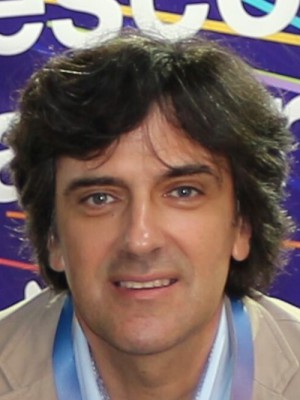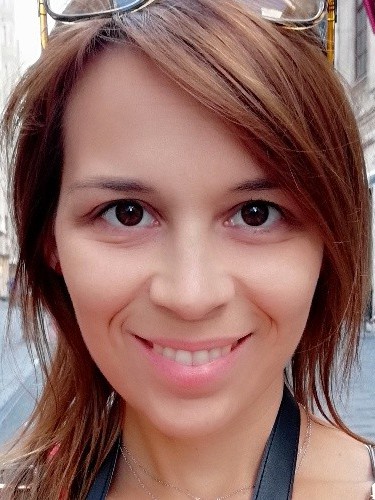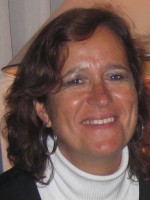abstract
This paper reports a study on the development of bioactive glass powders for biofabrication of scaffolds by an additive manufacturing technique, three-dimensional printing (3DP). Several formulations of the glass were developed from the CaO center dot P2O5 center dot TiO2 system and prepared on the basis of the results for the commercial powder characterization (average particle size, particle size distribution, microstructural and crystallographic analysis). For printing the glass models in the prototyping machine, a virtual model defined as the "standard model" was produced in commercial powder, and a systematic study of the relevant processing parameters (binder composition, formulation of powder, saturation level in the shell and core, bleed compensation, and printed layer thickness) was carried out in order to determine the most suitable conditions for the fabrication of porous structures for tissue engineering applications. The printed glass models were sintered through specific thermal programs and then characterized in terms of dimensions, structure, morphological features, and mechanical properties. Finally, the sintered models were submitted to mineralization tests in simulated physiological media. In this work, it was demonstrated that it is possible to use a printing machine to manufacture 3DP glassy porous structures with suitable features for tissue engineering applications as temporary scaffolds. The mechanical properties of the produced structures and its mineralization capability in physiological fluids suggest that they have potential to be used in bone tissue regeneration under low load-bearing situations.
keywords
OF-THE-ART; SYSTEMS; FUTURE; OPTIMIZATION; FABRICATION; TECHNOLOGY; ACCURACY; ORGANS; PARTS
subject category
Automation & Control Systems; Engineering
authors
Pires, LSO; Fernandes, MHFV; de Oliveira, JMM
our authors
Groups
G4 - Renewable Materials and Circular Economy
G5 - Biomimetic, Biological and Living Materials
acknowledgements
This work was developed within the scope of the project CICECO-Aveiro Institute of Materials, POCI-01-0145-FEDER-007679 (FCT Ref. UID/CTM/50011/2013), financed by national funds through the FCT/MEC and when appropriate cofinanced by FEDER under the PT2020 Partnership Agreement.




